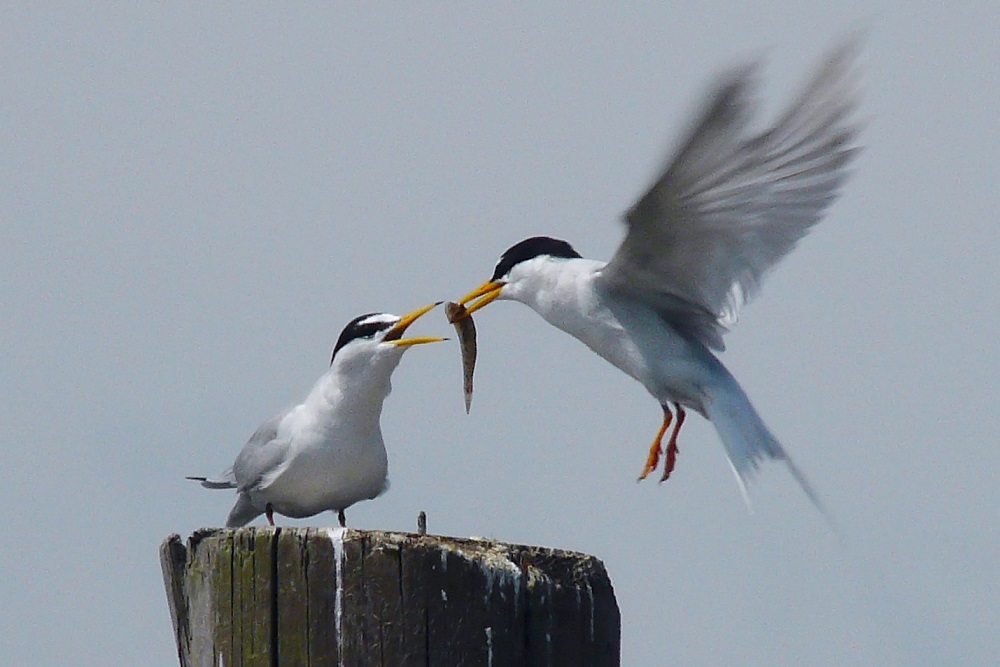Nature in Wales at ‘tipping point’ as report highlights devastating decline in species

Experts are calling for urgent action as a new report has detailed a devastating decline in species across Wales.
The new State of Nature Wales 2023 report reveals that 18% (one in six) of our species is at risk of extinction, including plants and animals such as Fen Orchid, Water Vole and Sand Lizard.
The abundance of land and freshwater species has on average fallen by 20% since 1994 and of almost 3,900 species assessed, more than 2% are already extinct in Wales, including 11 bird species.
Moths, which are important pollinators, are also far less abundant than 50 years ago, having declined by an average of 43% since 1970.
The report observes that continued pressures on wildlife mean that Wales is now one of the most nature depleted countries on Earth.
Despite a commitment to reverse the decline, the current response is inadequate to deal with with the scale and pace of the current crisis, it says.
Following the publication of the report, conservationists, scientists and experts from more than 60 organisations are calling for urgent action across the nation.
While some of the wildlife that has suffered the biggest population losses are insects, flora and mammals that people may be less familiar with, well-known species like the Atlantic Salmon and Curlew have suffered critical declines in recent decades.
Experts say evidence from the last 50 years confirms that on land and in freshwater, significant and ongoing changes in the way land for agriculture is managed, and the ongoing effects of climate change, are having the biggest impacts on our wildlife.
Pollution
At sea and around the Welsh coasts, the main pressures are pollution, climate change and historic over exploitation, with fewer than half of marine protected areas found to be in favourable condition.
Alun Prichard, Director of RSPB Cymru, said: “This report shows how we’re facing a critical tipping point in the nature crisis across Wales. A national problem, which needs national action.
“But we know what we need to do; we know what works. Governments, businesses, communities and the public must now work together and more urgently across the board if we are to put nature back where it belongs.
“We need to be ambitious and inspiring for future generations. Nature can’t wait and neither should we.”
“Clare Pillman, Chief Executive of Natural Resources Wales (NRW), said: “Despite some progress, Wales still faces challenges in biodiversity conservation. Climate change, habitat loss, changes in land use, invasive species, and pollution continue to impact our ecosystems.”
“NRW is pleased to work with partners to provide the best available evidence that can be used by all to better understand how nature is changing across the UK, and to use that evidence to spur on action. Ensuring that nature thrives must be a shared endeavour across government, business and society. It is only together that we can put Wales on a solid footing on the path to nature’s recovery.”
Protection
Despite the gloomy outlook, some species have reversed thanks to strategies which have been put in place.
Bats show an average increase of 76% since 1998, with two species in particular recovering from seriously depleted numbers in the 1990s thanks to increased protection of the places they live.
Butterflies relying on specialist habitat management have also started to recover over the last decade, although numbers remain less than half that in 1993.
Examples of successful species projects in the report include protection of Little Terns in Denbighshire that has enabled the main Welsh breeding colony to become one of the most important in Britain, and peatland restoration in Ceredigion that has maintained the population of Large Heath butterflies.
To download a full copy of the State of Nature 2023 report and to find out what you can do to help, visit www.stateofnature.uk.
Support our Nation today
For the price of a cup of coffee a month you can help us create an independent, not-for-profit, national news service for the people of Wales, by the people of Wales.





